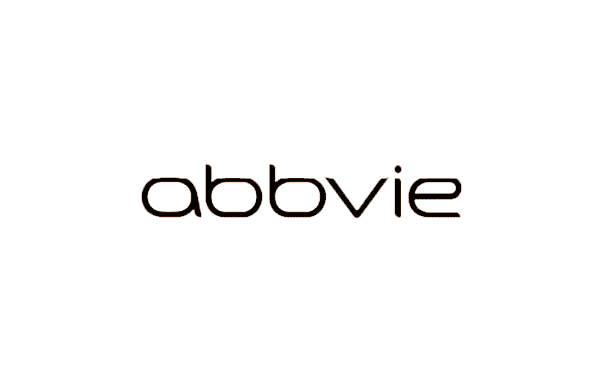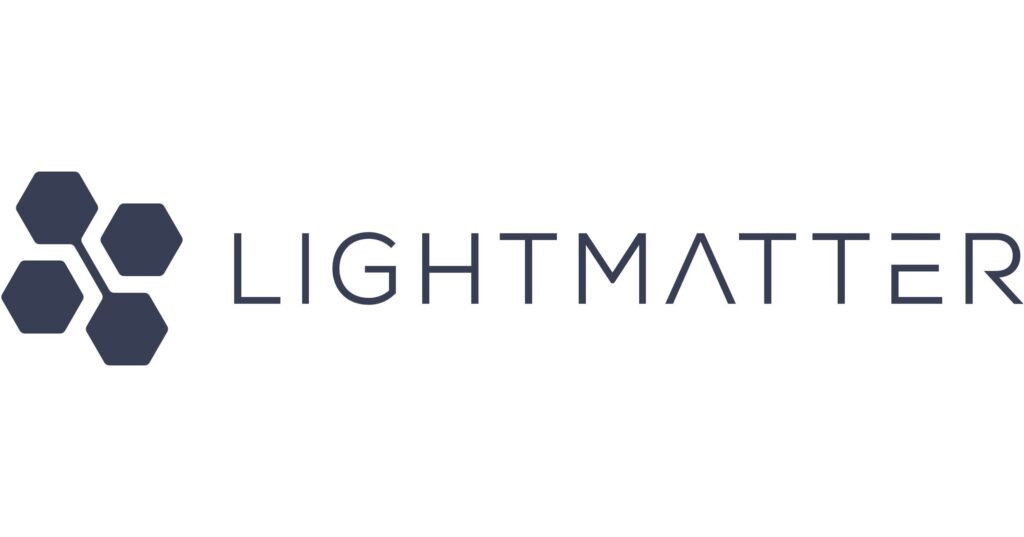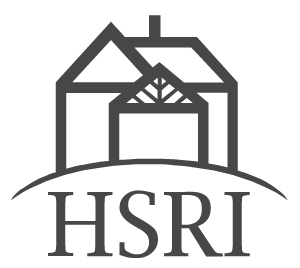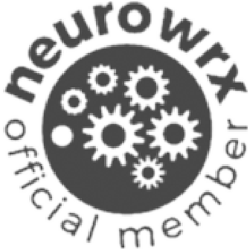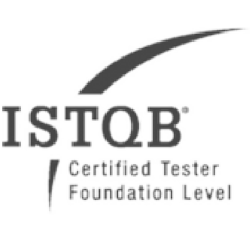Digital accessibility has come to the forefront with Attorney General Merrick B. Garland’s April 8 signing of a final rule under Title II of the Americans with Disabilities Act (ADA). This new regulation mandates that state and local government agencies ensure their websites and mobile applications are accessible to people with disabilities. Aspiritech celebrates this move toward eliminating the digital barriers that hinder equal access to public services for people of all abilities.
Digital platforms are integral to facilitating public services for millions of Americans. From emergency alerts and healthcare services to tax filing and voter registration information, our nation’s government organizations increasingly rely on internet-based systems to connect with its citizens. However, when these systems are not built with accessibility in mind, they exclude a significant portion of the population: people with disabilities.
“This rule affirms the Justice Department’s unwavering commitment to achieving the promise of the Americans with Disabilities Act — ensuring that people with disabilities can fully and equally participate in our society,” said Acting Associate Attorney General Benjamin C. Mizer in support of the signing. “The rule, which clarifies the standards for making mobile apps and websites accessible, is vital to people’s ability to use and benefit from public programs and services.”
New Accessibility Requirements for State & Local Governments
The final rule’s update of regulations for Title II of the ADA has significant implications for state and local governments. It mandates compliance with Web Content Accessibility Guidelines (WCAG) standards, specifically WCAG Version 2.1, Level AA. This technical standard is now mandatory for state and local governments’ web content and mobile apps. The rule discourages the creation of accessible versions alongside inaccessible platforms. Instead, it encourages governments to update their platforms to be accessible to all, unless a technical or legal limitation prevents conformity.
State and local governments with 50,000 or more people are expected to become compliant with these new regulations within two years of the final rule’s publication date. Governments with fewer than 50,000 people and special district governments will have three years to comply. All governments are expected to continue maintaining WCAG compliance after the deadline.
Changes Coming Because of the Final Rule
The new final rule outlines clear technical standards that state and local governments must follow to make their digital content accessible. Those standards are intended to prevent discrimination of Americans with visual, hearing, cognitive, and manual dexterity disabilities as they access online government services.
Some examples of barriers that the new rule will remove include the following:
- Ensuring blind individuals can access public transportation information on their cities’ websites or mobile apps
- Allowing deaf and hard-of-hearing individuals to participate in online university lectures
- Permit users with manual disabilities to access online information about voter registration without needing to use a mouse
These and other improvements to our government’s online platforms will not only ensure that all citizens, regardless of ability, can fully participate in public services and programs, but will also contribute to a more inclusive and equitable society. By removing digital barriers, we are paving the way for a society where everyone has an equal opportunity to access information and services, fostering a sense of unity and shared responsibility.
Digital Accessibility for All
Aspiritech commends the Justice Department for its pivotal role in promoting inclusivity and reducing the digital divide that separates many Americans from the critical services they deserve to access. This landmark regulation not only underscores the commitment to upholding the rights of individuals with disabilities but also sets a standard for other sectors to follow, fostering a more inclusive society where everyone has equal access to information and services. This is a significant step towards a more inclusive society, and we are proud to be a part of this journey.
If your organization is aligned with the national drive to adopt online accessibility, Aspiritech’s team of experienced Section 508 Trusted Testers can help you review and remediate your online platforms to meet current WCAG compliance standards. Contact our sales team or read about the business case for accessibility to learn more.










